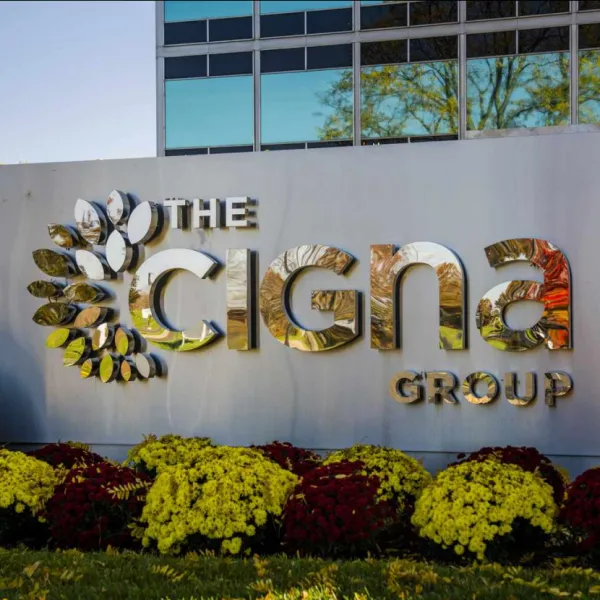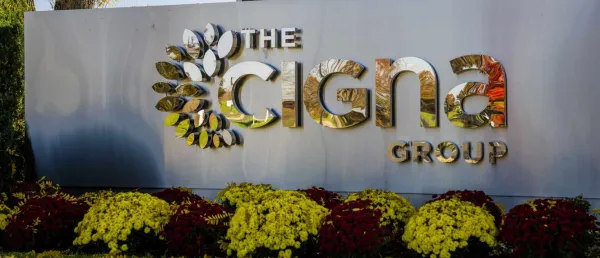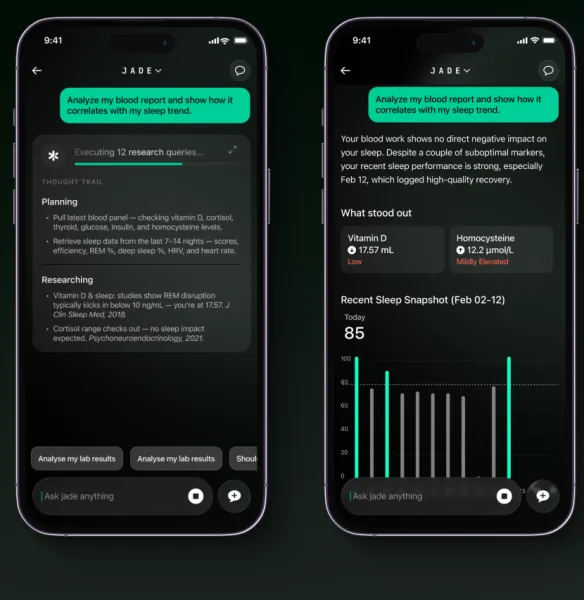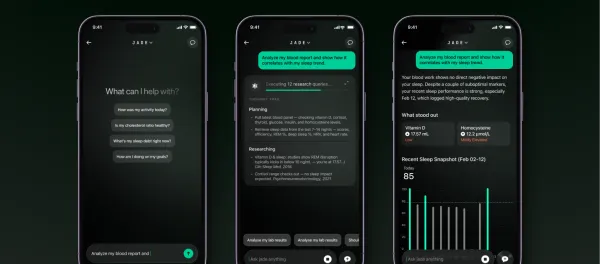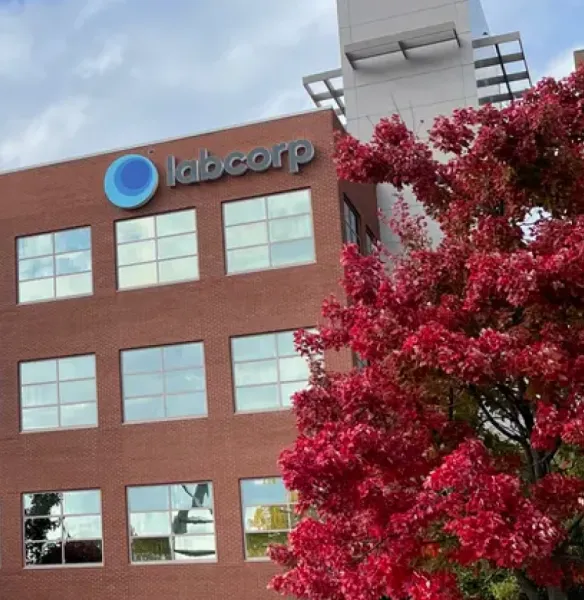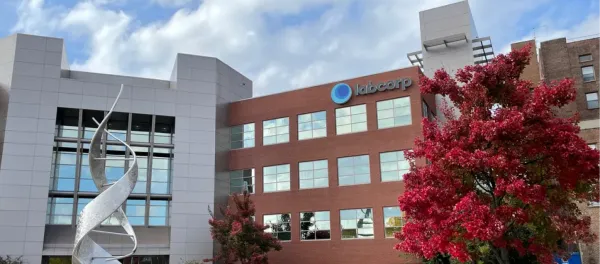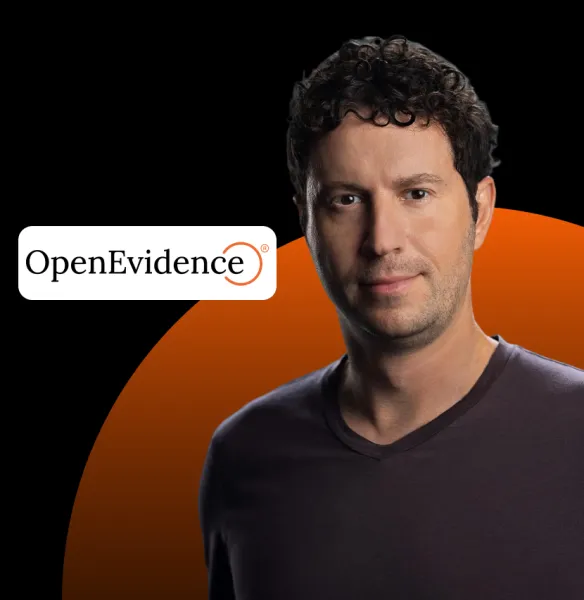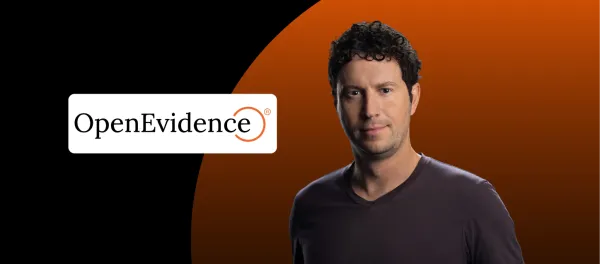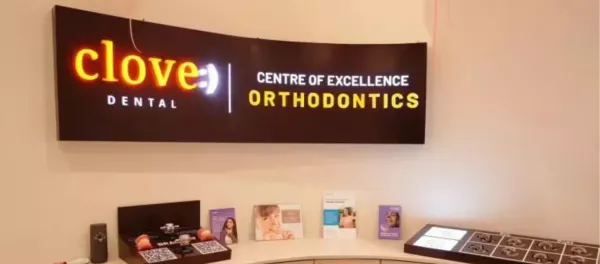Roche Pharma Ventures into Ophthalmology, Launches Antibody to Treat Vision Loss

Vabysmo, initially approved by the USFDA in January 2022, is now available in over 90 countries, with more than 2 million doses being administered.
Pharmaceutical player Roche India has marked its entry into the country's ophthalmology market with the launch of Vabysmo (faricimab), a monoclonal antibody.
The newly launched antibody is for the treatment of neovascular or "wet" age-related macular degeneration (nAMD) and diabetic macular edema (DME), the two leading causes of vision loss globally.
Sharing insights, Dr Viraj Suvarna, CMO, Roche Pharma India, said, "By blocking both pathways involving Ang-2 and VEGF-A, Vabysmo offers people the first new MoA in more than 15 years for nAMD and close to a decade for DME."
Vabysmo’s Offerings
According to the company, Vabysmo is the first and only dual-pathway-inhibitor designed to target and inhibit two key disease pathways associated with various vision-threatening retinal conditions.
The antibody drug neutralizes both angiopoietin-2 (Ang-2) and vascular endothelial growth factor-A (VEGF-A), thereby stabilizing blood vessels in the eye, offering potential benefits over existing treatments that solely target VEGF.
Further, this approach addresses the limitations of current treatments, such as frequent eye injections and physician visits, which can lead to under-treatment and suboptimal vision outcomes.
Moreover, Vabysmo offers improved treatment durability, with patients requiring eye injections for up to four months while achieving similar vision gains and anatomical improvements.
Impact on Patient Outcomes
Highlighting the impact of nAMD and DME on patients' daily lives, Dr Suvarna said, "Even simple everyday activities may become challenging as the disease progresses.’’
According to him, Vabysmo aims to provide a comprehensive treatment option, addressing the need for efficacy, convenience, and improved quality of life for patients. Regarding the cost of treatment, an industry source informed that the regime could amount to INR 4 Lakh in the first year, reduced to approximately INR 2 Lakh in subsequent years. However, the actual cost may vary based on the patient's disease progression and treatment options.
Addressing Growing Public Health Concerns
Vision impairment remains a significant global public health concern, affecting approximately one billion people worldwide, with retinal conditions impacting millions in India alone.
The introduction of Vabysmo aims to provide a novel treatment option for patients battling nAMD and DME, with the potential to improve outcomes and enhance quality of life.
Sharing thoughts, Dr Chaitra Jayadev, head, vitreoretinal services, Narayana Nethralaya Eye Institute, said, "A treatment that targets both anti-VEGF and anti-ANG-2 pathways could be transformative."
She further emphasized its dual mode of action, offering advantages including faster drying of edema and potentially longer durability compared to current therapies.
Roche's Global Initiatives in Healthcare
The launch of Vabysmo aligns with Roche Pharma India's focus on advancing healthcare solutions, demonstrated by recent initiatives such as introducing Ocrevus (ocrelizumab) for multiple sclerosis (MS) treatments in India.
Ocrevus, a monoclonal antibody drug, addresses patients' unmet needs with relapsing-remitting MS (RRMS) and primary progressive MS (PPMS), showcasing notable efficacy in improving patient outcomes.
Additionally, Roche's global collaborations and acquisitions aim to enhance healthcare solutions, such as partnering with Boston-based PathAI to leverage AI technology for companion diagnostics. The acquisition of LumiraDx's Point of Care technology and collaborations with AstraZeneca Pharma India and NVIDIA further demonstrate Roche's dedication to innovation in healthcare. Established in 1896, Roche has become the world's largest biotechnology company and a global leader in in-vitro diagnostics.
Stay tuned for more such updates on Digital Health News









